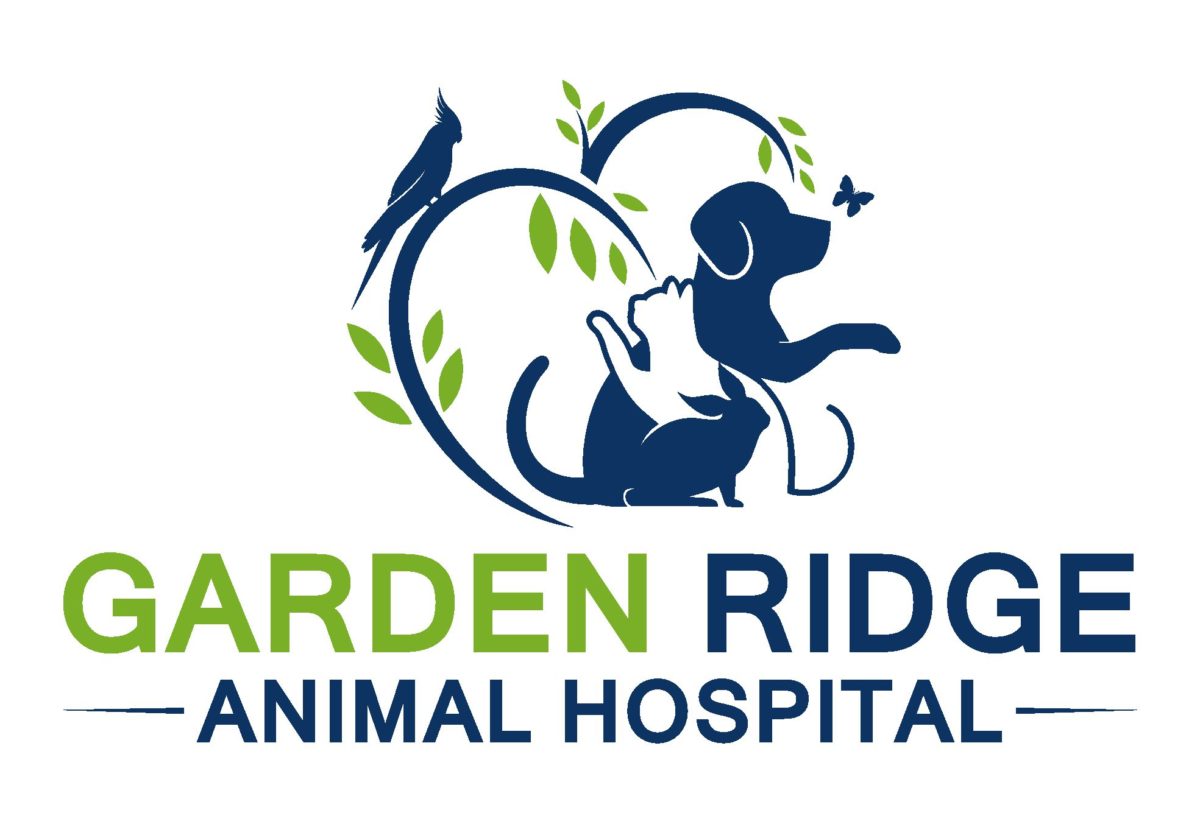It feels like winter has finally arrived, and is not leaving. I am especially aware of it this year with my two 4 month old puppies.
Sweater weather. Some dog do need some extra insulation when it is really cold. Other dogs seem to love it and are friskier. My Sheltie is one of those cold loving breeds, but he was bred for it with a snow proof coat. My new short coated terrier/doxie mix needs a sweater, or a at least a towel wrapped around him when I carry him outside. He really shivers and won’t spend more than a few seconds outside. I see numerous small patients that are just more comfortable during the winter wearing a sweater even inside. So look at your dog after being outside in the cold or rain and dress him appropriately.
Activity. Few of us want to play outside when it is cold, wet, or super windy like it was this week. Too much indoor inactivity makes us all a little crazy. In people we call it cabin fever. Indoor dogs can get it too. My puppies manifest it by acting out, zooming around more inside, and generally being naughty for attention. I am trying to counteract that with lots more indoor play, interactive toys, and allowing them to just zoom around. I used a laser pen for my Sheltie years ago. It is important to match the play with the dog’s interests. Ball chasing is great for Labradors, but my terriers want to bite and shake stuff. Food puzzles are great if your dog is food motivated, and not overweight. Many of my clients are still going to dog parks, they just pick the right day and time for comfort.
Frozen water. Make sure any drinking water outside doesn’t freeze or your pet can get dehydrated. Insulate any outdoor dog houses. Most dogs can tolerate a light freeze if they can get out of the wind and rain, off the ground, and can cocoon themselves in some material like hay or blankets.
Antifreeze/deicing compounds. It is true that antifreeze can taste sweet and attract dogs and cats to lick it. Avoid yellowish puddles in streets and driveways. Be careful applying deicing products (rock salt, “ice melt”) on driveways and porches as the chemicals can burn sensitive bare feet. There are pet safe deicing products available.
Emergency kit in the car. It is always a good idea to have an extra leash, blanket and some water for pets. You never know when the car won’t start, slips off the road, or you might be stranded somewhere.


